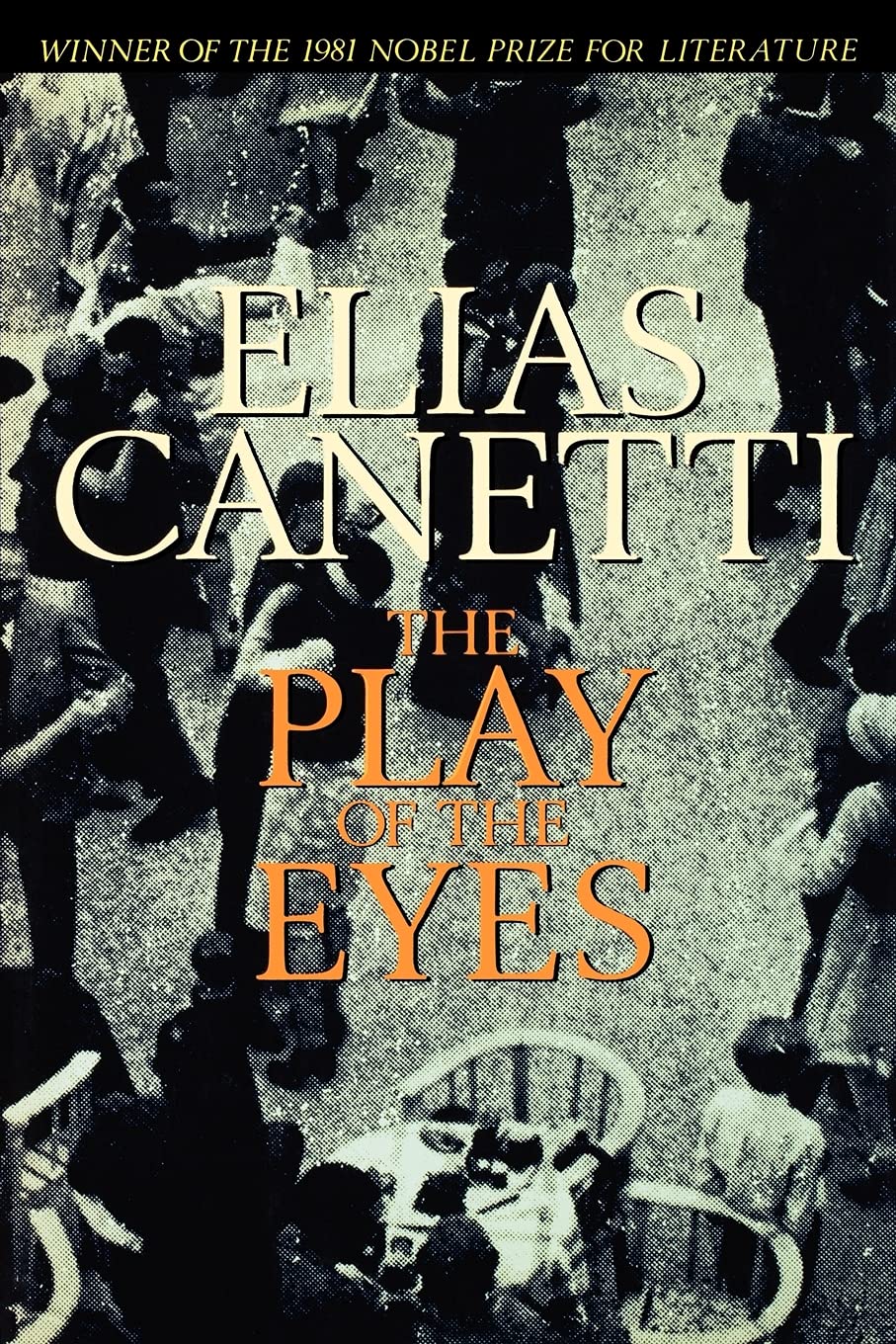
The Art of the Novel
Book Description
What is the true essence of a novel? In 'The Art of the Novel,' Milan Kundera masterfully unravels the intricate dance between storytelling and philosophy, challenging the very foundations of narrative. With piercing insight and a poet's heart, Kundera explores love, exile, and the search for identity against the backdrop of history. Each page unveils the emotional stakes of human connection and the weight of personal memory. As he navigates through existential dilemmas and moral complexity, readers are left pondering the nature of truth in fiction. Can a novel ever truly capture the chaos of life?
Quick Book Summary
"The Art of the Novel" by Milan Kundera is a profound collection of essays reflecting on the novel as both art form and philosophical pursuit. Drawing on centuries of European literary tradition, Kundera examines the novelist’s unique power to probe human existence, subjectivity, and ambiguity. He argues that the true essence of the novel lies in its resistance to dogma and its embrace of uncertainty. By weaving in discussions of celebrated writers and continental philosophy, Kundera underscores how the novel unravels love, exile, memory, and politics, always questioning and never offering absolute answers. Ultimately, Kundera presents the novel as an enduring space for freedom, innovation, and exploration of the self, challenging both writers and readers to consider the interplay between fiction and reality.
Summary of Key Ideas
Table of Contents
The Novel as an Exploration of Existence
Kundera begins his exploration by asserting that the novel is an unparalleled space for examining the complexities of human existence. He delves into how novels differ from other forms of art by their focus on ambiguity and their refusal to offer clear-cut moral lessons. The novel, he contends, uniquely embraces contradictions, relishing the uncertainty and multivalence of lived experience. For Kundera, the act of writing a novel is synonymous with investigating possibility—the multilayered nature of reality and identity.
Ambiguity, Freedom, and the Novel’s Form
Emphasizing freedom as the novel’s defining characteristic, Kundera traces the development of narrative form from Cervantes to Kafka. He discusses how historical and political pressures threaten the vitality of the novel, which thrives on ambiguity and irony rather than propaganda or dogma. The novel, Kundera claims, must resist the urge to simplify, instead championing the richness and indeterminacy that complicate human lives. Through this, he argues for the novel’s role in resisting systems that would limit human freedom.
Personal and Collective Memory
Memory emerges as a central theme, both personal and collective. Kundera writes about the novelist’s task to reconstruct, reinterpret, and sometimes challenge the past, not merely to preserve it but to question it. Memory forms a dynamic terrain where private stories are interwoven with larger socio-political narratives. Kundera reflects on his Czech heritage and the experience of exile, illustrating how memory and displacement shape the stories we tell and the identities we construct.
The Novelist in History and Exile
The book addresses the shifting role of the novelist over time. Kundera details how the writer, especially one in exile or under totalitarian conditions, faces unique pressures and choices. He notes the tension between artistic autonomy and the expectations of history, ideology, and nation. Whether writing about gossip or grand historical events, Kundera contends that novelists are duty-bound to remain skeptical, even ironic, never fully aligning themselves with any one truth or system.
Fiction and Truth
Finally, Kundera explores the relationship between fiction and truth. He challenges the notion that the novel can—or should—deliver clear messages or alternatives to reality. Instead, he celebrates the novel’s ability to highlight life’s chaos, complexity, and contradiction. The novel’s pursuit, he says, is not truth, but the expansion of possibility—inviting readers and writers alike to question, to empathize, and to reflect on the enigmatic nature of individual and collective experience.
Download This Summary
Get a free PDF of this summary instantly — no email required.





